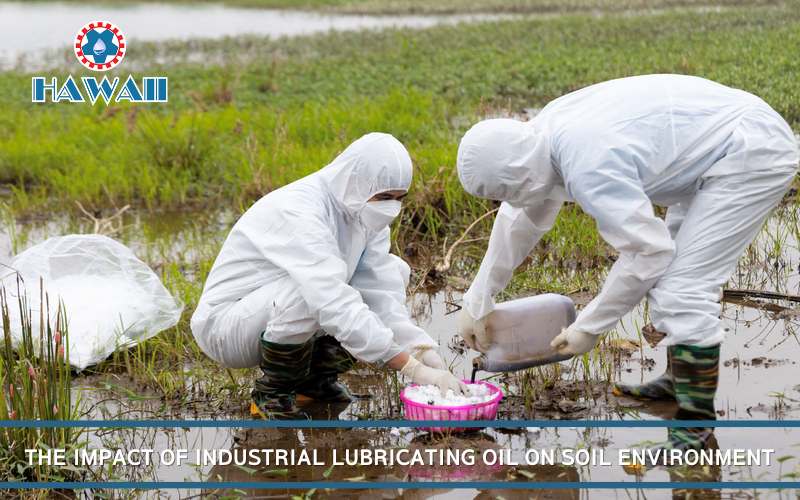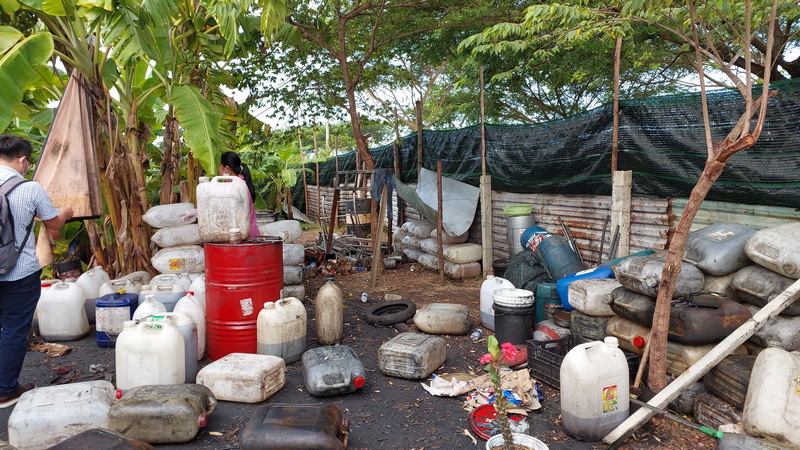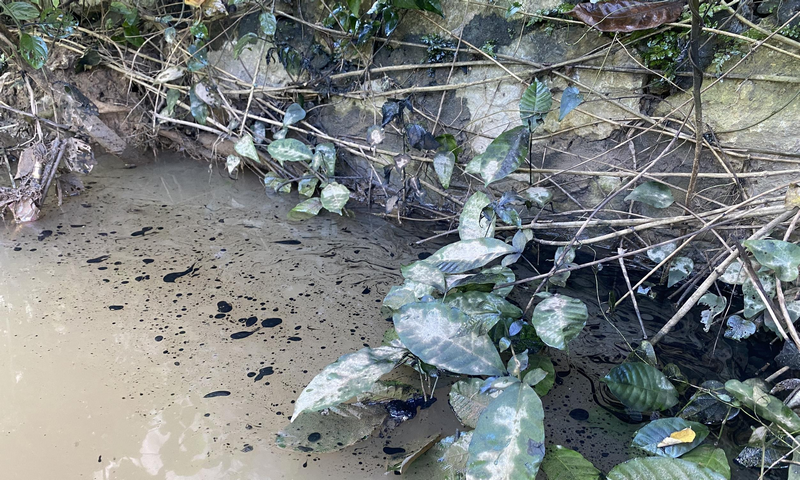
The Impact of Industrial Lubricating Oil on Soil Environment
Industrial Lubricating Oil on Soil Environment: In addition to impacting the water environment, oil spills pose a significant risk of heavy soil pollution. Even a thin layer of spilled oil on the ground, though minimal in thickness, is enough to cause the soil to “suffocate” due to a lack of air, disrupting the gas exchange process.

The lack of oxygen, whether in humans or various fauna and flora, leads to death. This spilled oil layer similarly hinders the exchange of solar energy with the soil environment. Oil, being insoluble in water, when spilled on the ground, displaces water, depleting the soil of water and occupying air spaces within it, reducing oxygen and water, causing serious damage to the ecosystem. The structure and physicochemical properties of the soil change, causing soil particles to lose their absorptive and exchange capacities.
Furthermore, when oil seeps through the soil into the groundwater, it indirectly pollutes water sources. If humans use that water source for daily activities, the consequences not only affect the environment but also impact human health. Health consequences from contact with contaminated soil depend on the type of pollutant, resulting in various diseases.

Overall, oil spill incidents not only cause economic and social damage but also contribute to environmental pollution, posing severe consequences for both terrestrial and marine ecosystems. To contribute to effective prevention and response to such incidents, it is essential to grasp and organize regular response drills at the local level.
>> THE IMPACT OF HYDRAULIC OIL SPILLS ON THE AQUATIC ENVIRONMENT
